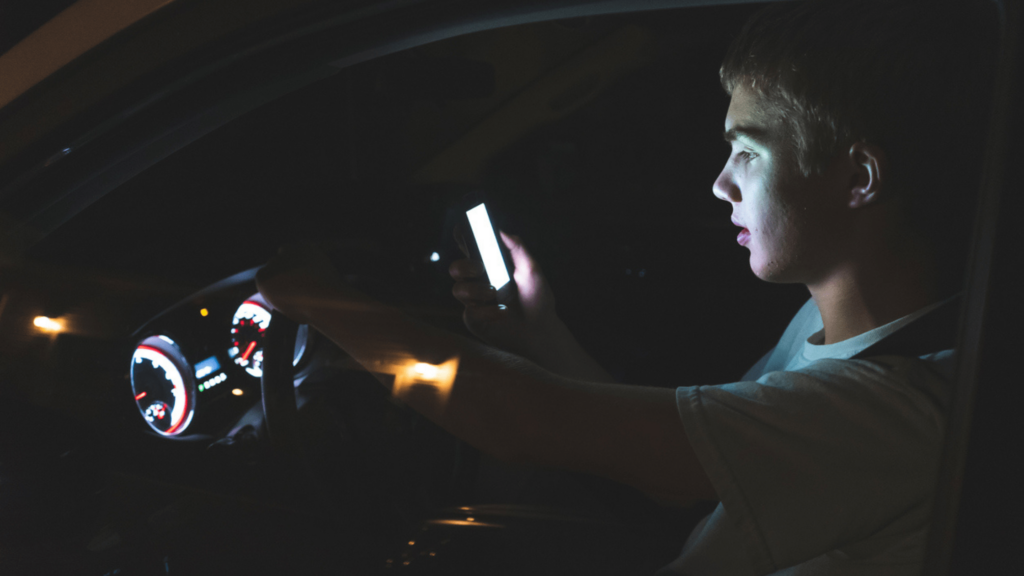- News
- How the Oxford Shooter Case Could Redefine Michigan Liability Laws
How the Oxford Shooter Case Could Redefine Michigan Liability Laws

You’ve probably heard about court proceedings surrounding the parents of convicted Oxford High School shooter Ethan Crumbley. In February and March 2024 respectively, Jennifer and James Crumbley were each convicted of involuntary manslaughter for negligent actions that led to their son’s earlier conviction for various crimes including first degree murder and terrorism causing death. This month, both of Ethan Crumbley’s parents were sentenced to serve a minimum of 10 years in prison. The unusual nature of the crime resulted in national and international headlines, and even the release of an ABC News documentary that delves into how the prosecution built its case against the parents.
Legal experts have called the convictions of the Oxford shooter’s parents historic and unprecedented, but that’s not entirely true. In Michigan and many other states, parents have long been held legally liable for their children’s actions and are required by law to properly supervise their kids. One obvious example is Michigan’s compulsory school attendance law, which requires, “a parent, legal guardian, or other person having control or charge of a child age six to sixteen to send the child to school during the entire school year.” (Since 2009, the required age range for compulsory educational attendance has been raised to age 18.) Kids who habitually break school attendance rules are subject to the state’s truancy laws, and Michigan parents who are found responsible for the misdemeanor of “educational neglect” can be fined or even jailed for up to 90 days.
Beyond everyday compulsory education rules, numerous states and localities have also enacted so-called vicarious liability laws that compel parents to pay in various ways for their child’s other crimes. Specifically in Michigan, parents have long had to make restitution for criminal acts committed by their minor children. The City of Troy, for example, enacted a strict “parental responsibility ordinance” in the 1970s that could penalize parents with a fine up to $500 and/or 90 days in jail for lack of supervision of a minor child. And in 1996, parents of a delinquent St. Clair Shores teen were fined for violating that town’s parental accountability ordinance. Furthermore, current Michigan law provides that parents who fail to prevent their children from committing crimes or injuring others can be fined up to $2,500.
Notice that the state law we just mentioned also makes parents liable if their kids physically hurt someone. This could include heinous actions such as Ethan Crumbley’s crimes but may also extend to children who injure innocent people by driving unsafely, or through other negligent or malicious acts. The precedent set by the Crumbley parents’ conviction could even eventually result in significant courtroom reinterpretation of vicarious liability laws in Michigan, which typically speak to employers held responsible for the bad actions of their employees who commit crimes while on the job, but could also be extended to include more parental liability for their children’s negligent or criminal actions.
Can I Be Sued if My Child Hurts Someone While Driving My Car?
As you might imagine given the laws we just described, the short answer is yes. Michigan law provides that a vehicle’s owners can be held liable under civil law if someone driving their car harms others. Specifically, the state law that applies here reads as follows:
“The owner of a motor vehicle is liable for an injury caused by the negligent operation of the motor vehicle whether the negligence consists of a violation of a statute of this state, or the ordinary care standard required by common law. The owner is not liable unless the motor vehicle is being driven with his or her express or implied consent or knowledge. It is presumed that the motor vehicle is being driven with the knowledge and consent of the owner if it is driven at the time of the injury by his or her spouse, father, mother, brother, sister, son, daughter, or other immediate member of the family.”
Therefore, in addition to teaching your child how to be a safe driver, we always recommend that parents get as much insurance on their vehicles as they can reasonably afford, especially when allowing teen drivers to take the wheel. Michigan law requires drivers obtain a minimum of $250,000.00 in bodily injury insurance coverage (but in some cases drivers may be able to elect for a lower limit). We always recommend drivers get at least that coverage and more if possible. Bodily injury liability coverage protects the owners and/or operators of the vehicle from having to pay out of pocket if they get sued for the pain and suffering of the occupants (as well as excess economic damages) of a vehicle their teen driver negligently hit.
While each case is different, if your child (or another family member) commits a criminal act while driving your car, it’s entirely possible that the legal precedent set in the Crumbley case could lead to charges levied against you as well. Of course, only time will tell if that type of action actually becomes well established in case law, and it’s still possible that Ethan Crumbley’s parents will appeal their conviction, which could change things significantly if they’re successful.
What to Do if You or Someone You Love Are Injured by a Minor
In circumstances of this nature, we encourage you to seek expert legal advice to discuss the particulars of your case. Only a dedicated personal injury attorney can accurately advise you on how to proceed. We have an entire staff of legal professionals ready to act on your behalf, and you’ll never pay anything out of pocket for our services. To learn more and to appoint us as your attorneys of record, all it takes is a simple phone call to 855-MIKE-WINS (855-645-3946). Make that call and get us on your side today.

Content checked by Mike Morse, personal injury attorney with Mike Morse Injury Law Firm. Mike Morse is the founder of Mike Morse Law Firm, the largest personal injury law firm in Michigan. Since being founded in 1995, Mike Morse Law Firm has grown to over 200 employees, served 40,000 clients, and collected more than $1.5 billion for victims of auto, truck and motorcycle accidents. The main office is in Southfield, MI but you can also find us in Detroit, Sterling Heights and many other locations.









